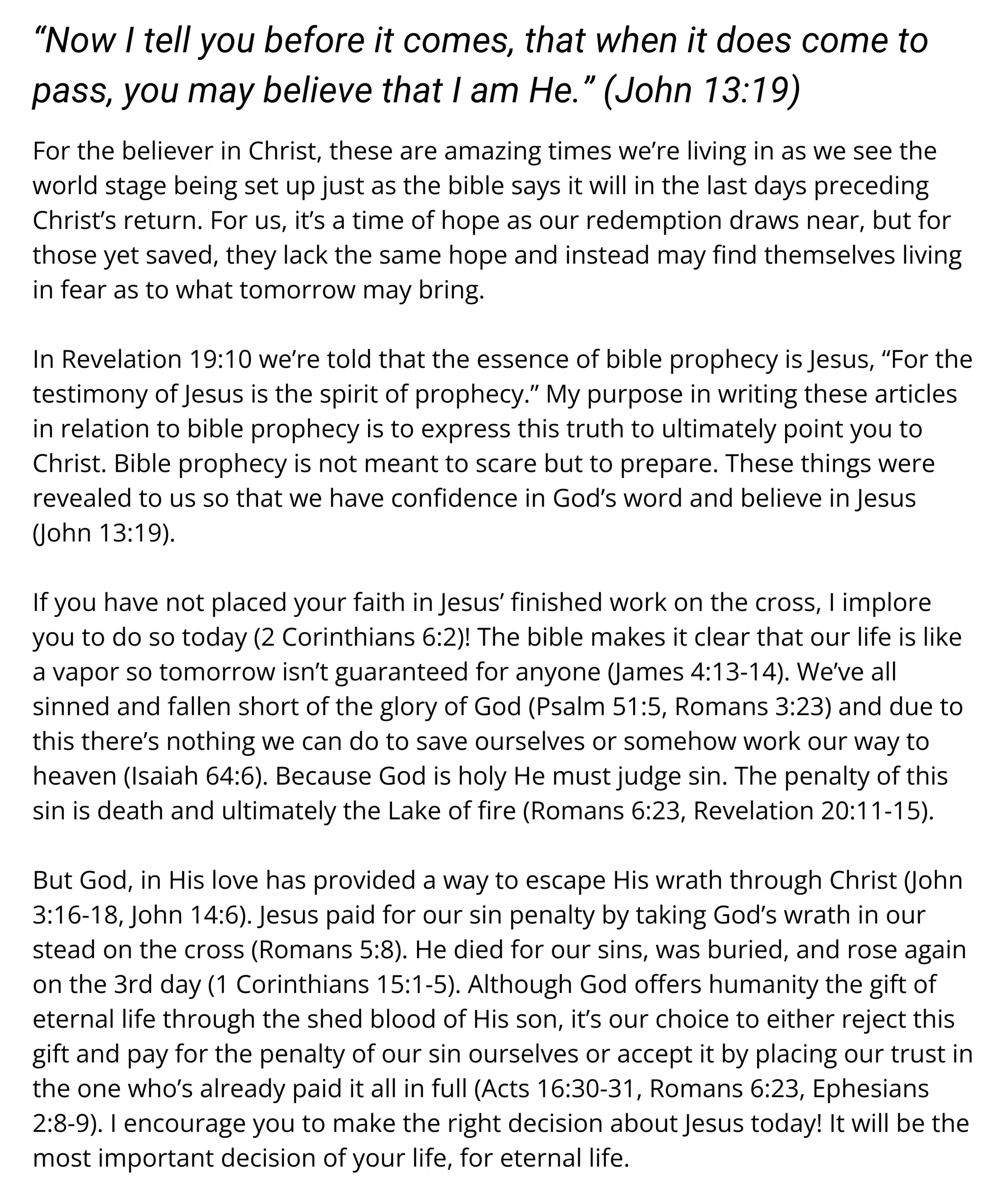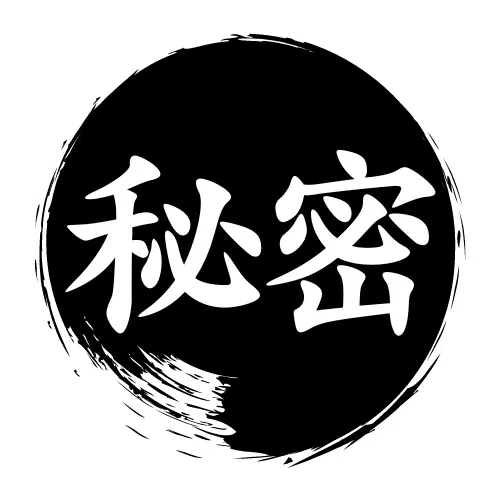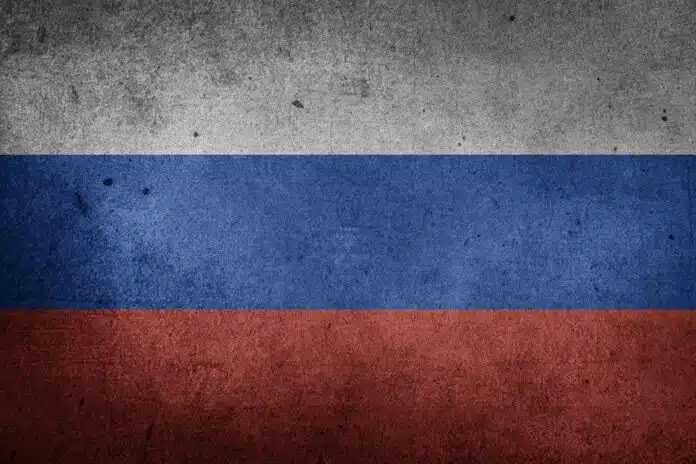Iranian president Ebrahim Raisi’s is meeting President Vladimir Putin on January 19th on a visit that “may become a turning point in political, economic and trade relations between Iran and Russia”
Many of us familiar with Ezekiel 38, I’m sure, quickly understood the significance these latest events have simply by just reading the headline! This article may be a bit lengthy, but it’s needed as there’s much to put together here.
To start, I’ll quickly go over the current events related to the growing ties between Russia and Iran (as well as Russia and Turkey), the calls for a Muslim coalition against Israel, and will then utilize historical sources to make a case that the ancient names Ezekiel lists to us in chapter 38 correlate to these 3 modern day nations which will give us a better understanding as to why these current events are prophetically significant.
Growing Relations Between Russia and Iran
The Jerusalem Post reported on Iranian president Ebrahim Raisi’s meetup with Russian president Vladimir Putin noting Russian media’s take on it, “The visit may become a turning point in political, economic and trade relations between Iran and Russia, and it may also be effective in ensuring security, economic and trade relations in the region” (The Jerusalem Post).
All of this doesn’t just speak to the growing relationship between Russia and Iran but also to Russia’s growing influence in the Middle East, “Russia could help bring peace to Yemen, Iraq and Syria alongside Iran. It’s not clear how much of this thinking is just speculation on a former ambassador’s part, but it is clear that Iran thinks the trip to Moscow is important.” (The Jerusalem Post).
More powerful ties with Russia could mean that Iran’s enemies will have less influence over the Islamic Republic, he said. In a sense, this is an invitation for more Russian influence in the Middle East. Iran calls this the “new Middle East” according to Sajjadi and Fars News – and it believes that the Russia-Iran role in Syria could be an example of this new Middle East. (The Jerusalem Post)
The Inclusion of Turkey
We’ve also been seeing Turkey and Russia growing in relations making Israel “wary”. On October 7th, 2021, The Jerusalem Post reported on this very fact, “At a meeting with Russian President Vladimir Putin in Sochi last week, Turkish President Recep Tayyip Erdogan reaffirmed the growing links between Moscow and Ankara“, (The Jerusalem Post).
They highlighted Turkey’s intention to purchase another supply of Russia’s S-400 missile defense system which was seen as a sign of the two country’s growing relations, “In an interview with the CBS network, quoted by Reuters, the Turkish president said that ‘In the future, nobody will be able to interfere in terms of what kind of defense systems we acquire, from which country and at what level’…Erdogan’s statements confirm the Turkish tilt toward Russia…,” (The Jerusalem Post).
Calls for a Joint Muslim Coalition Against Israel
We’ve also recently been seeing calls for Muslim nations to join together to attack Israel. May of last year, during the ongoing conflict between Hamas and Israel (in which Hamas sent over 3,000 rockets into Israel), The Jerusalem Post reported on Turkish president Recep Tayyip Erdogan’s comments (such as separating Jerusalem from Israel) which were largely deemed as “anti-semetic”.
They noted that these views held by the “Turkish religious and political leadership of the AKP party…are also represented in far-right media in Turkey. Yena Safak, a newspaper that caters to the populist Right in the country and is close to the regime, argued for Turkey to lead an Islamic alliance to attack Israel. The alliance would include Turkey, Iran, Qatar, Malaysia and Pakistan, countries that either back Hamas or are close to the Muslim Brotherhood.” (The Jerusalem Post)
Turkey has become one of the most anti-Israel states in the world, and its constant anti-Israel rhetoric, fed through its state-controlled media that run the most outlandish articles about Israel, fuels antisemitism in Turkey and abroad. (The Jerusalem post)
It wasn’t just the leadership in the Turkish AKP party that had this idea however as Israel365News reported on January 13th, 2022, that “Iranian Foreign Minister Hossein Amir-Abdollahian met with Hamas chief Ismail Haniyeh” who during that meeting, called for Muslim nations to gather against Israel, “Haniyeh thanked Iran for its support for the Palestinians and called for a united front of Islamic, Arab and other countries against Israel,” (Israel365News).
Israel365News, being a Jewish based publication, noted the prophetic undertones of such a call as they directly referred to Ezekiel 38 (and quoted Ezekiel 38:2 in their article). They stated, “This type of call is eerily similar to that of Israel’s War of Independence when all Arab armies united to destroy the newly reborn nation of Israel. It also mirrors Ezekiel’s prophesy whereby the 70 nations will unite in a final war against Israel,” (Israel365News).
I quickly want to note a few things about this call for Muslim nations to gather against Israel as well as Israel365New’s view on it. It’s important to understand that Ezekiel specifically highlights to us that nations will go against Israel for material gain. Currently in contrast to this, much of the time when these types of calls against Israel are being made, it’s to wipe them out, secure Jerusalem as their own, etc, which differs from what Ezekiel says. However, despite this difference, it’s no less important to see that there is a growing call of this manner at all.
Now in regards to Israel365News, it’s important to point out that although at times Christians may have the same interpretation of bible prophecy as them (as we’re referring back to the same Old Testament), as they are a Jewish news source, they do not see things as we do and due to that, their insight must always be taken with a grain of salt. In this case, I highlight what they had to say here to show that others were drawing the same conclusions.
Persia as Iran
Why is the news concerning growing ties between Iran, Turkey and Russia as well as calls for Muslim nations to get together to go against Israel significant? Because of the immense prophetic significance it has in relation to the invasion against Israel in Ezekiel 38. In this chapter we’re told of a future invasion against Israel where in various nations will come against her for the purpose of material gain – what is noted to us as “plunder” and “booty”. Russia and Iran (or “Rosh” and “Persia” in their ancient names) are two of the nations identified to us that will go against Israel.
Although only the ancient names are given to us in Ezekiel 38, we can be confident of this conclusion due to historical sources. “Persia” is the simplest nation to identify as it recently changed its name to Iran. In his book, The Middle East Meltdown, Dr. Andy Woods comments on this fact by stating, “Persia is probably the easiest nation to identify because Persia has a paper trial…Persia continued on as a modern-day nation until Persia’s name was changed to Iran in 1935…In Ezekiel’s prophecy Persia represents this modern state of Iran,” (The Middle East Meltdown, pgs 7-8).

Rosh as Russia
To identify “Rosh” we have to look deeper into the annuls of history. For this, Dr. Woods consults Wilhelm Gesenius, the “father of modern-day lexicography” who believed “that Rosh settled in what we call modern-day Russia” (The Middle East Meltdown, pgs 5-6). In his work, Gesenius’ Hebrew and Chaldee Lexicon, he states, “pr. n. of a northern nation, mentioned with Tubal and Meshech; undoubtedly the Russians, who are mentioned by the Byzantine writers of the tenth century, under the name the Ros, dwelling to the north of Taurus…as dwelling on the river Rha (Wolga),” (The Middle East Meltdown, pg 6).
Dr. Woods also emphasizes the fact that Gesenius didn’t reach this conclusion by taking current events and inserting them back into the bible (what’s often termed as “newspaper exegesis”) as he drew this conclusion in 1842 long before much of the events we’re witnessing today involving Russia, (The Middle East Meltdown, pg 6).
Meshech, Tubal, Gomer, and Togarmah as Turkey
Turkey, unlike the other 2 nations is actually represented via multiple nations in Ezekiel 38. Dr. Woods, citing several sources first makes the case that Meshech and Tubal are modern day Turkey stating, “In his work called Histories, in 3.93 and 3.94, and 7.78, Herodotus identifies Meshech and Tubal as a group of people living in the mountains southeast of the Black Sea, which would be modern-day Turkey…BDB [Brown, Driver, and Briggs] identifies Meshech in Persian times living southeast of the Black Sea…Josephus identifies Meshech as Cappadocia, explaining, ‘…and the Mosocheni were founded by Mosoch; now they are in Cappadocians.’ Cappadocia is mentioned in 1 Peter 1:1 as one of the locations to which Peter wrote – a place where scattered believers resided in north-central Turkey. BDB aslo equates Tubal with Cappadocia. Thus Meshech and Tubal are most likely modern-day Turkey,” (The Middle East Meltdown, pg 7).
To identify Gomer, we again look to the historian Josephus as he identified it as Galatia stating, “For Gomer founded those whom the Greeks now call Galatians, [Galls,] but were then called Gomerites,” (The Middle East Meltdown, pg 10). Galatia should be familiar to us as Paul wrote to the Galatians in the New Testament. Dr. Woods notes, “Galatia is modern-day Turkey. Thus, Gomer is Galatia,” (The Middle East Meltdown, pg 10).
Lastly, Togarmah, similarly to Gomer was another area mentioned to us in the New Testament where Paul traveled, but by the name “Phrygia”, “Josephus equates Togarmah with Phrygia. He notes, ‘…Thrugramma the Thrugrammeans, who, as the Greeks resolved, were named Phrygians.’ Acts 16:6 indicates that Paul traveled in Phrygia on his second missionary journey…Thus, Phrygia is the area between Galatia and Asia, which would also be modern-day Turkey. Therefore, Togarmah also should be equated with modern-day Turkey,” (The Middle East Meltdown, pg 10).
Through the use of historical sources we are actually able to trace the ancient names given to us in Ezekiel 38 and correlate them to the names of modern day nations. This simply isn’t putting current events back into the bible as some may see it. “As demonstrated, there exists a valid academic process that we can employ which uses scholarly sources and methodology, whereby we can objectively identify the various people groups depicted in Ezekiel 38:1-7,” (The Middle East Meltdown, pg 11).
And remarkably, it’s these very same nations that are growing ever so closely with one another. This “new Middle East” is exactly what we should be seeing as it’s the stage setting that must eventually take place to fulfill what written in Ezekiel 38.
Iran sees ties with Russia as ‘new Middle East’ – analysis
The Jerusalem Post: Iranian President Ebrahim Raisi was in Moscow on Wednesday to meet Russian President Vladimir Putin. This is happening as the US is concerned about a Russian invasion of Ukraine. Moscow has backed Tehran at the Vienna nuclear talks with the West. This comes as Russia might also take part in another naval drill with Iran and China.
These are important talks. Russia is calling on the US to not supply weapons to Ukraine, and Turkey is offering to host Russia-Ukraine talks. This means that Iran’s visit is part of a larger Russian policy that stretches from Europe to the Middle East. Tehran sees Moscow as a key partner along with Beijing in its quest for more power.
Russian media are reporting on the trip.
“The visit may become a turning point in political, economic and trade relations between Iran and Russia, and it may also be effective in ensuring security, economic and trade relations in the region,” an Iranian news agency quoted the Iranian president as telling journalists at Tehran’s Mehrabad Airport. “This trip is conducted at the invitation of Mr. Putin, and during this visit efforts will be made to promote the policy of good-neighborliness in the region.
“Interaction between Iran and Russia in the region will, undoubtedly, ensure security and prevent unilateralism. We and Russia are members of many economic and political organizations in the region, such as the Shanghai Cooperation Organization, and Russia plays an important role in these organizations.”
In this regard, former ambassador of Iran in Moscow Mahmoud Reza Sajjadi, said in an interview with Fars News Agency about this trip and the opportunities facing Iran and Russia, “I find this trip very useful and even necessary at this time. Unfortunately, in the last eight years, we have suffered from political extremism in which we thought there were only four or five countries in the world, and we did not realize that we should have a balanced foreign policy with other countries, and especially to develop relations with our neighbors and recognize other countries as effective and useful in our relations.” Read More

Sources
- Iran sees ties with Russia as ‘new Middle East’ – analysis (January 19th, 2022) – The Jerusalem Post
- HAMAS MEETS WITH IRAN; CALLS ON ALL MUSLIM, ARAB COUNTRIES TO UNITE IN WAR AGAINST ISRAEL (January 13th, 2022) – Israel365News
- Growing relations between Turkey, Russia is concern for Israel – opinion (October 7th, 2021) – The Jerusalem Post
- Turkey’s anti-Israel obsession reaches new heights (May 21st, 2021) – The Jerusalem Post




 Support the Ministry
Support the Ministry